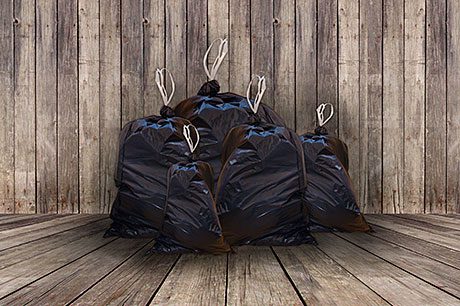Austria, Germany and Belgium are recycling the largest proportion of municipal waste in Europe in 2010. But the UK and Ireland are chasing hard.

THOSE are among the findings of a new report from the European Environment Agency (EEA) which warns that although some countries have rapidly increased recycling rates, Europe is still wasting vast quantities of valuable resources by sending them to landfill.
At the same time, many countries risk falling short of legally-binding recycling targets.
Over-all, 35% of municipal waste was recycled in Europe in 2010, compared with 23 % in 2001. But many countries will find it extremely difficult to meet EU-mandated targets to recycle 50 % of household and similar waste by 2020 the report goes on.
The EEA examined the management of municipal solid waste, mainly household waste, in 27 EU Member States, Croatia, Iceland, Norway, Switzerland, and Turkey. Although five countries have already achieved the target, most others will need to make “extraordinary effort” to achieve this before the deadline. At present, Bulgaria and Romania seem to recycle small proportions of municipal waste so to meet the target by 2020 they must increase recycling by more than four percentage points per year during this decade, a feat no country managed between 2001 and 2010.
The UK increased the share of municipal waste recycling from 12% to 39 % between 2001 and 2010, while Ireland raised rates from 11% to 36% over the same period. Slovenia, Poland and Hungary have also dramatically improved since joining the EU.
Jacqueline McGlade, EEA executive director, said: “In a relatively short time, some countries have successfully encouraged a culture of recycling, with infrastructure, incentives and public awareness campaigns. But others are still lagging behind, wasting huge volumes of resources. The current intense demand for some materials should alert countries to the clear economic opportunities in recycling.”
The EEA report is said to be particularly relevant given that municipal waste is primarily a public sector responsibility and the current economic situation in many EU Member States demands an added focus on how to achieve policy goals most cost-effectively.
The report supports European Commission efforts to help countries improve waste management performances. The document was launched in Brussels on policy instruments and infrastructure to improve municipal waste management.
What’s changed?
• Norway, Ireland and Poland reduced the proportion of municipal waste going to landfill most between 2001 and 2010
• Improved recycling rates are primarily due to trends in recycling of materials, with less progress in bio-waste recycling
• Countries that reduced waste sent to landfill and increased recycling usually adopted approaches including landfill bans on biodegradable waste or municipal waste that has not been pre-treated
• Other instruments were economic such as landfill and incineration taxes, and waste collection fees incentivising recycling







